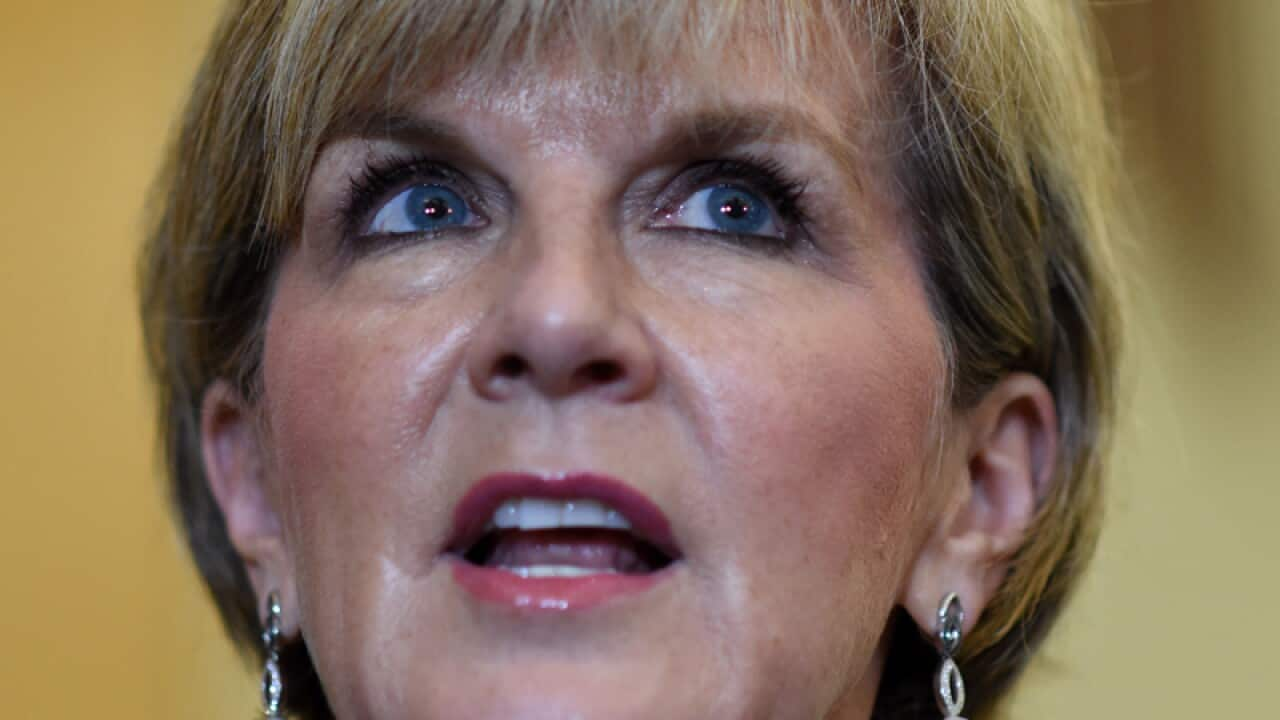Government ministers have brushed aside Liberal MPs who argue the Paris climate deal is a lot of hot air.
The debate comes as climate groups and Labor say the government must be more ambitious in cutting emissions.
West Australian Liberal MP Dennis Jensen said the agreement was "essentially meaningless" and warned there was no reason to be "metaphorically burning our economy just to appear good on the global stage".
"I think it's a lot of hype about potentially nothing - basically countries set their own targets and there's no enforcing strategy," he said.
Another Liberal MP, Craig Kelly, joked on Facebook: "Hallelujah. The world is saved ... The polar bears can sleep soundly tonight."
An unfazed Environment Minister Greg Hunt took a different view.
"I think this is arguably the most important international environment agreement the world has ever had," he said.
"For the first time all nations pledged to reduce their emissions, or to reduce the rate of growth in their emissions."
Foreign Minister Julie Bishop said the agreement struck the right balance.
"What was important about this agreement was that it balanced environmental concerns and ambitions to reduce greenhouse gas emissions with economic growth and economic activity," she said.
Five-yearly reviews would keep governments honest about meeting their commitments and give scope for bigger emissions cuts as technology improves.
Opposition Leader Bill Shorten told reporters in Sydney the coalition's direct action climate plan had been discredited at the summit.
"It is high time for Malcolm Turnbull to show some leadership, to scrap the deal he did with the extreme right of the Liberal and National parties in order to become prime minister, and take real action on climate change," he said.
The solution lay in an internationally-linked emissions trading scheme, he said.
Mr Hunt said the government would review its policies in 2017 and he expected international carbon permits would be allowed at that time.
The Climate Institute's John Connor said it was a strong deal but Australia needed to improve its post-2020 pollution reduction target and commit to net zero emissions by 2050.
"The current post-2020 target will not see us pull our weight towards limiting warming to below 1.5-2 degrees Celsius," he said.
Climate finding should be boosted to vulnerable countries and a plan should be put in place to replace existing coal-fired power plants.
Mr Shorten said coal remained important, but the market should be allowed to decide Australia's future energy mix.

